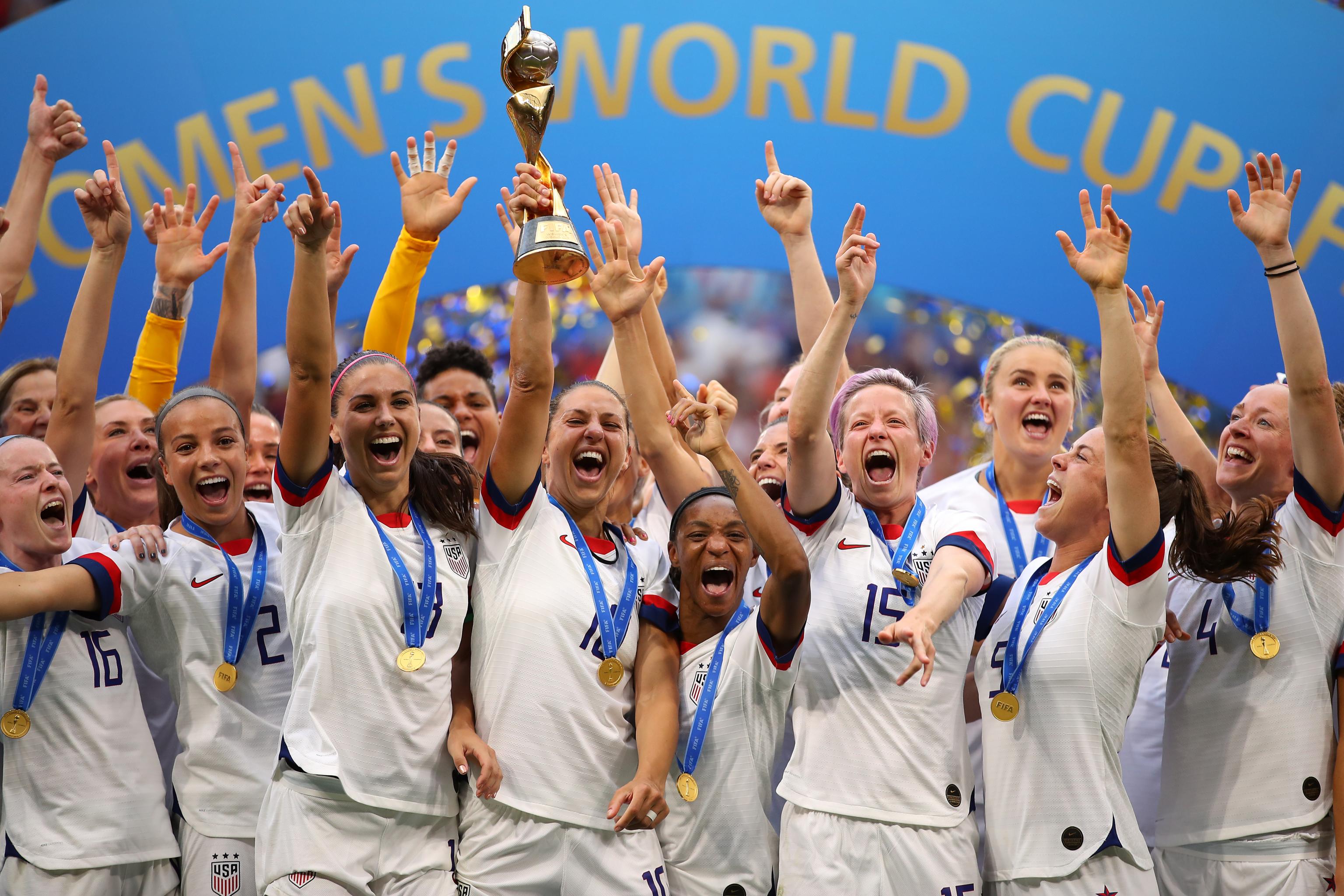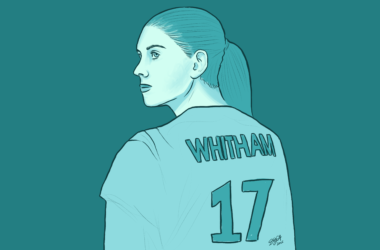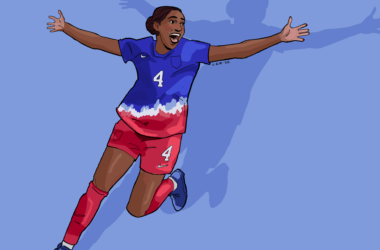Court filings in the United States Women’s National soccer team (USWNT)’s lawsuit against the United States Soccer Federation (USSF) have put the federation under intense scrutiny and caused its president, Carlos Cordeiro, to resign on March 12.
“The overall soccer playing ability at the senior men’s national team level is materially influenced by the level of certain physical attributes, such as speed and strength, required for the job,” the filing from USSF read.
The comments, which are clearly sexist, are part of a longer legal battle between the USWNT and USSF. After the USWNT won the FIFA Women’s World Cup in July 2015, USSF brought a legal disagreement to a federal court in February 2016. The federation claimed that a memorandum of understanding could replace a collective bargaining agreement with the USWNT Players Association (USWNTPA), and a federal court ruled in their favour in June 2016. In March 2016, five USWNT players filed an official complaint with the Equal Employment Opportunity Commission (EEOC) under the Equal Pay Act. The USWNTPA signed a new collective bargaining agreement with USSF in 2017, but in February 2019, the five players who had filed the EEOC complaint received a notice of their right to sue USSF for wage discrimination.
On March 8––International Women’s Day–– 28 players filed a lawsuit against USSF under the Equal Pay Act and Title VII of the Civil Rights Act, alleging gender-based discrimination in favour of their counterparts on the men’s national team. The players seek equal pay, as well as $66 million in backpay. Prior to the trial, scheduled to begin on May 5, each party submitted court filings, those of which submitted by the USSF have received ample and deserved criticism.
The arguments made by the USSF in their filings have received widespread criticism on social media for their claims that the women have a lesser ability to play soccer because of physical attributes such as speed and strength. This argument represents an incredibly essentialist view of sex and gender that inherently enforces an already pervasive exclusion of transgender and intersex athletes in sports. South African middle distance runner and two-time Olympic gold medalist Caster Semenya was recently barred from participating in the 800 metre unless she took hormone suppressant medication to lower her testosterone levels, a decision since struck down by a Swiss Court. Nevertheless, and even though these decisions are being made in different sports and by different governing bodies, they demonstrate the widespread culture of sexism and transphobia that exists in athletics. Women are told that they are not as good as men because they lack certain physical traits, and therefore they deserve to be paid less. And when they do possess those traits, they are told that they cannot compete.
USSF also argued that women’s soccer at the international level is less developed, making for a more shallow competition pool relative to the men’s game. Assuming that this is true, this assertion ignores the fact that women’s soccer was purposefully underdeveloped and stalled for the majority of the 20th century. Many players who represent their countries at international competitions are still forced to work other jobs to make a living, creating an environment where they cannot train full-time and develop to their full potential as athletes. The only way to create a deeper competition pool is to pay women’s teams fair wages and provide the necessary resources for the development of the game. The USSF has an opportunity to lead by example, but they are choosing instead to continue enforcing wage discrimination policies.
On March 11, Cordeiro issued an apology, which expressed remorse regarding statements made in the court filings and has since stepped down from his position. This apology only came after a public statement was released by USSF’s largest corporate sponsor, Coca-Cola, condemning the statements and suggesting that motivations behind the apology remain insincere.
The USSF intended to absolve themselves of blame for not offering equal pay to their women’s team with these court filings; however, all these statements did was highlight widespread problems that exist within USSF and across governing bodies in sports.








